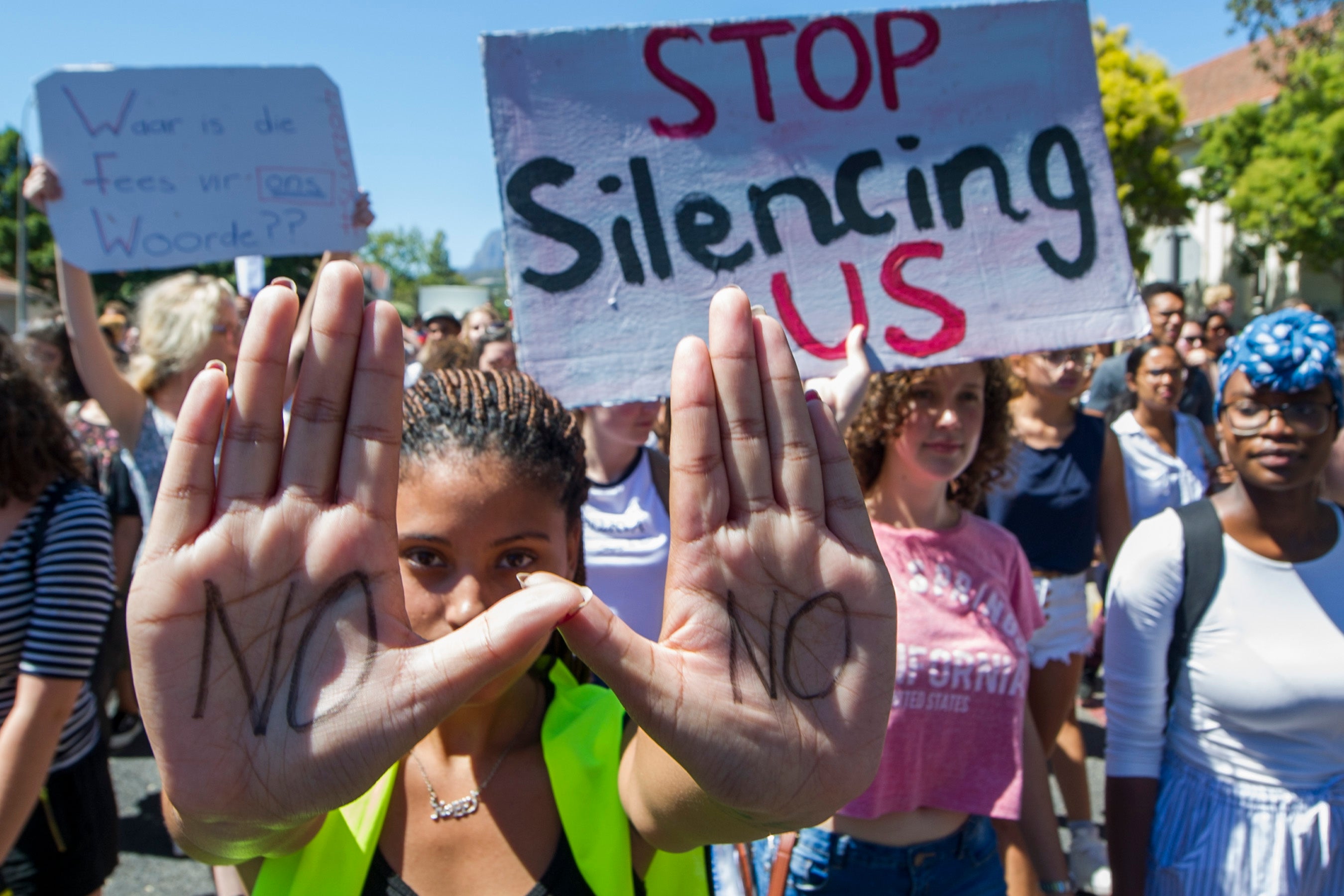
The plight of women globally has never been an easy one.
In January, the Women’s March on Washington was indicative of the fact that women —regardless of race— have always been disenfranchised. For black women particularly, the weight of being female gendered and of color is a heavier burden than the rest.
In South Africa, these challenges are ever-present in a country that still had legal segregation just 23 years ago. While Apartheid may be over in text books, it’s far from over in reality. To delve into the most prevalent issues South African women are facing, see our breakdown below.
Access to Healthcare
According to the World Health Organization, noncommunicable diseases such as obesity, hypertension, diabetes, malnutrition, stroke, heart disease–and amongst girls, stunting– contribute to 43 percent of deaths in South Africa. While free healthcare is available, the ability to travel to healthcare centers from cities and rural areas is a constant issue. “Basic primary healthcare services —for example child and maternal health care services— can be accessed for free in the public sector,” Dr. Lauren Paremoer of the University of Cape Town says. “However, patients have to pay the transport costs to and from facilities, which are significant, given the low income level of most South Africans. Often, public sector patients also spend many hours waiting to see a medical practitioner.” Dr. Paremoer also elaborated further on the severe lack of healthcare resources specifically within the public sector. “The majority of the population is completely dependent on the public sector for access to healthcare but this sector is severely under-resourced compared to the private sector —which serves about 30 percent of the population.”
Infrastructure
In recent years, the government has attempted to give reparations, in a sense, by “gifting” native South Africans with deeds to the homes. These homes are ones they’ve often been living in for decades as a result of systematic exclusion from major city centers, known as The Native Land Act of 1913, that prevented Africans from owning or renting land in over 90 percent of South Africa. Over time, these neighborhoods, often recognizable by their tin roofs —and many of which were secured with asbestos— have suffered from lack of public sanitation and infrastructure upkeep. “Poor infrastructure and living conditions, particularly in schools and informal settlements, exposes women to the risk of sexual assault, for example, when walking to a public latrine at night,” says Paremoer. “Much mobilization has occurred around women’s rights to land, farmland in particular, and around the right to food.”
Subscribe to our daily newsletter for the latest in hair, beauty, style and celebrity news.
Financial Independence
It’s no secret that when women make money, it directly impacts their communities in a positive way. This explains why there are many organizations working to empower women entrepreneurs. According to the Mastercard Index of Women Entrepreneurs (MIWE), women account for only 19.1 percent of business owners in South Africa, indicating that women’s progress in entrepreneurship has been disappointingly low compared to its global counterparts. “It is of extreme importance that women are financially independent,” said Eugene Hermanus of WHEAT Trust. Founded in 1998, WHEAT offers grants to women in different industries from educational development to farmers. “When financially independent they [women] are able to support themselves, educate their families, grow and empower their communities, hence making an overall contribution to the country’s economy.”
Sexual Violence
Globally, the country has the largest number of people living with HIV, according to the World Health Organization. This, combined with high rates of sexual violence, means sizeable numbers of people are at risk of being infected with HIV. There is also gender-based sexual violence happening to cisgender and members of the LGBTQIA community. While authorities claim a 6.5 percent reduction in reported rapes, activists in the field vehemently deny these reports. “We are concerned when women do not speak out, do not report and do not support victims of rape, abuse and domestic violence,” said Tina Thiart trustee of 1000 Women Trust, an organization that works to dismantle the fear of reporting domestic violence and abuse. “Women must unite and speak out. Women should teach her children to respect each other, to create a community free of violence and amplify the voices of others. There are many women who have joined the movement… but we need more.” Despite all the challenges, Thiart admits that progress is happening. “Every day I see innovation by women,” she noted. “Young women invent solutions that impact our communities. Women’s groups take on challenges and provide for their communities. If we can give more women access to skills, knowledge, and funding they will be able to create sustainable communities —better life for all.”
